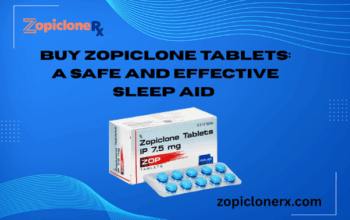Stepping into a medical clinic can be daunting. The white walls, the smell of antiseptic, and the smell of strange equipment can make us feel like we’ve walked into a world beyond our understanding. But let me take you by the hand. Imagine us walking down the corridor to a room marked ‘General Practitioner’. We open the door and see a doctor busy with a procedure called Spring IV hydration. It’s a simple, common practice you’ve never heard of, right? This is just one of the many roles a General Practitioner plays in a medical clinic. A role that is often overlooked yet essential. This blog will open that door wider, shedding light on the labyrinth that is your local clinic.
The General Practitioner—Your First Point of Contact
A general practitioner, often known as a GP, is the first person you consult in a medical clinic. General Practitioners are like gatekeepers. They’re trained to diagnose a wide range of health conditions. They guide you on the path to recovery, whether it’s through their treatment or by referring you to a specialist.
Role of a General Practitioner
But what exactly do General Practitioners do? Here are three key roles they play:
- Diagnosing Illnesses: General Practitioners are well-versed in many areas of medicine. They evaluate your symptoms, perform tests if necessary, and determine what’s ailing you.
- Preventive Care: General Practitioners don’t just treat illnesses, they prevent them. They provide vaccinations, conduct routine check-ups, and offer advice on keeping healthy.
- Coordinating Care: If your condition requires a specialist, your General Practitioner will refer you to the right one. They’ll ensure that all health professionals involved in your care are on the same page.
The ‘Spring IV Hydration’—A Perfect Example
Remember the ‘Spring IV hydration’ we spoke about earlier? It’s a great example of a General Practitioners role.
This procedure helps rehydrate your body quickly by delivering fluids directly into your bloodstream. It’s useful for those experiencing dehydration, hangovers, or even jet lag. Your General Practitioner will not only administer this treatment but also educate you about the benefits and potential side effects, ensuring you’re well-informed.
The Heart of Healthcare
General Practitioners are the heart of the healthcare system. They’re the first line of defense against illness, always ready to guide us toward better health. So, the next time you’re in a medical clinic, remember the crucial role your general practitioner plays. They aren’t just another doctor, they’re your partner in health.




